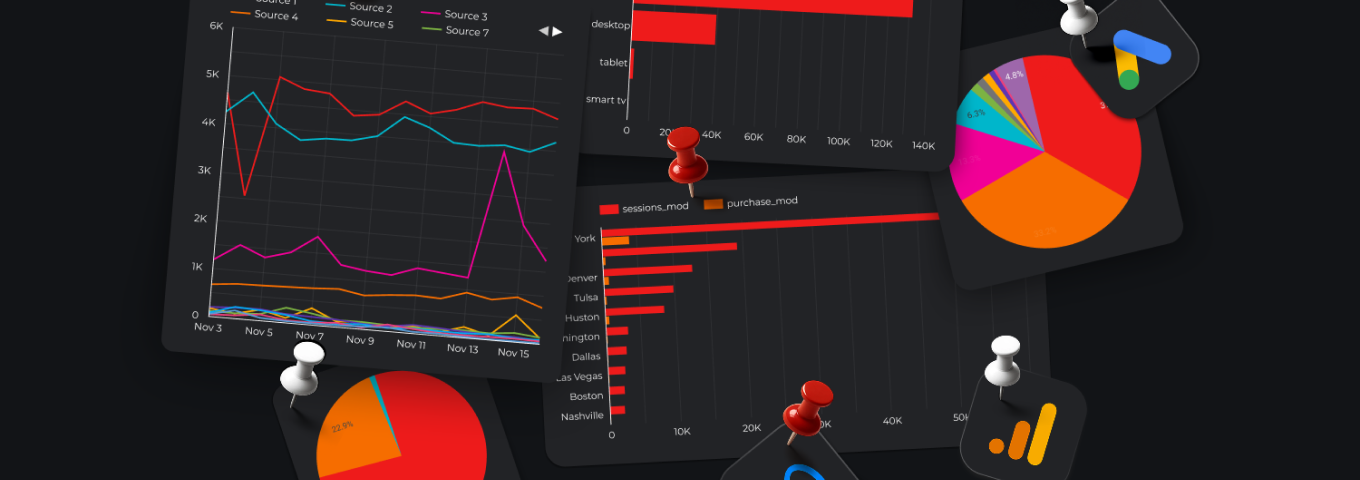
Marketing solutions aren’t cheap, so relying only on intuition isn’t an option. Every strategy must be driven by data.


Google AI Mode is an innovative, experimental search interface that leverages the power of large language models.

Black Friday 2025 unfolded almost traditionally: familiar peak sales days and predictable consumer behavior
.png)
Users increase their spending on mobile apps every year — but competition in the market grows even faster.

Between 35–50% of a website’s conversions depend on the quality of its UX/UI. And every project we work with proves it.

Find out the key content marketing trends for 2026 that deserve a spot in your content marketing strategy.

In SEO, when people talk about content uniqueness and quality, they usually mean just the website’s text — things like plagiarism-free writing, relevant keyword


Subscribers
work period
Subscribers
Cost Per Action
Work period



Global



United States


United States


United States



Ukraine


Ukraine


United Kingdom


Global


Baltic countries


Poland


US vs UK
Subscribe to our emails and receive new content and case studies once a week.
%20(1).webp)
%20(1).webp)